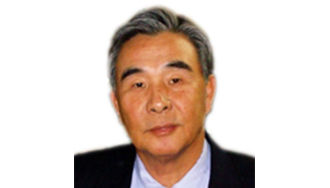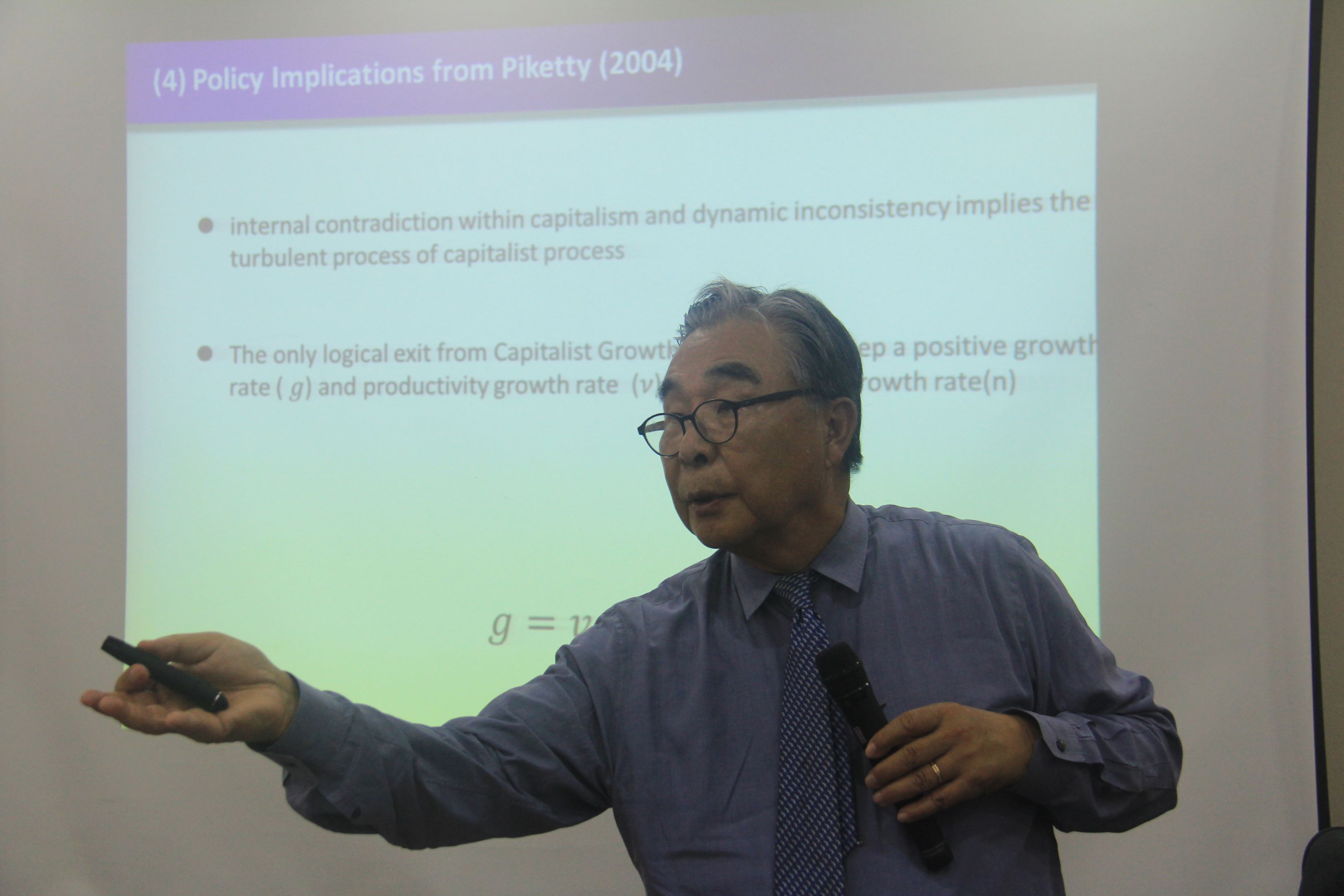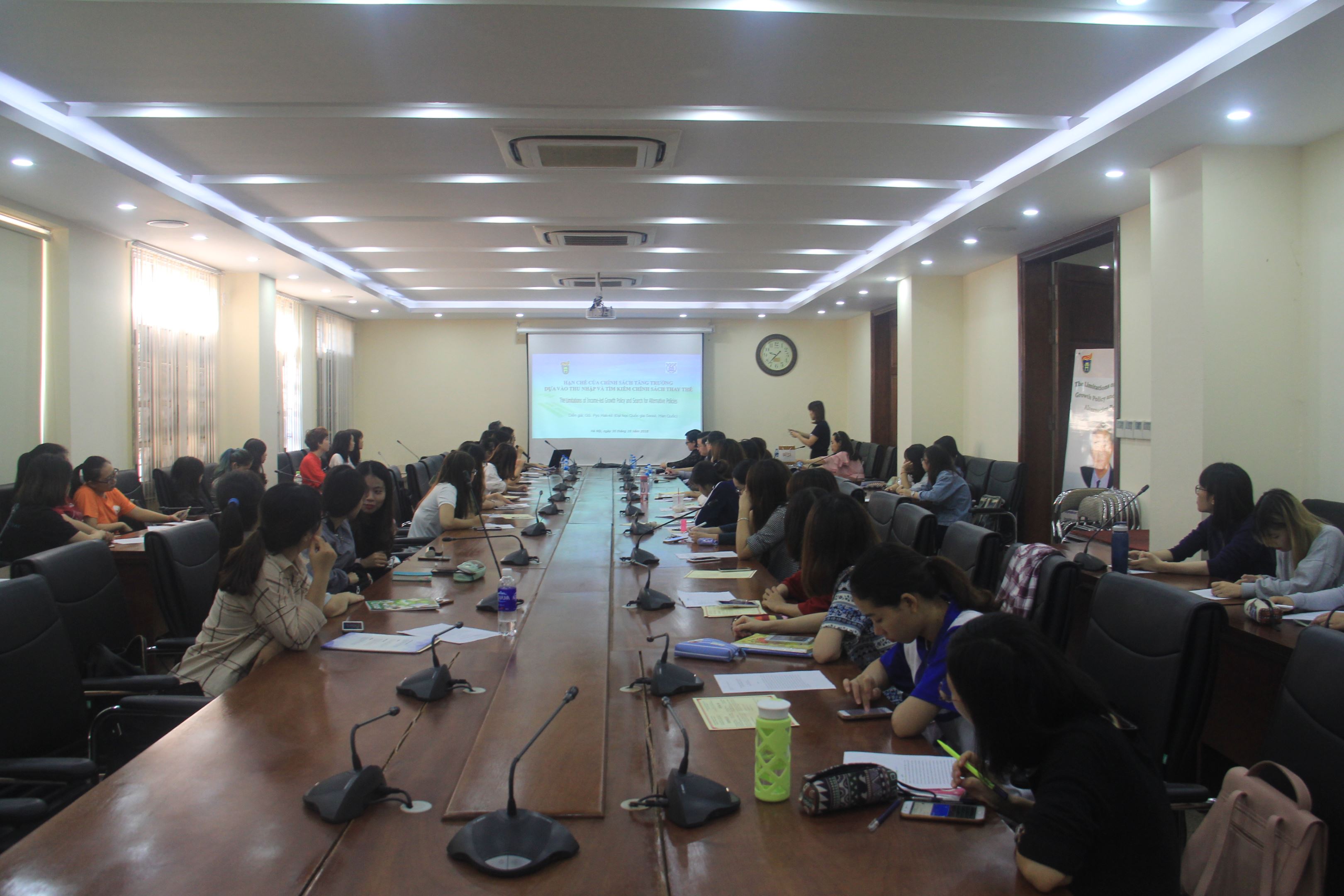
Income-based growth policies aim to boost economic growth by increasing workers' incomes, thereby stimulating consumer demand and increasing supply. This policy began in the 1980s as the Cold War drew to a close, helping to fuel global economic growth, especially in North America and Northern, Western, and Central Europe. It subsequently spread to emerging economies in Southern Europe, South America, and East Asia. In these countries, politicians also used this policy to win over voters, particularly the middle class.
However, this policy has caused global inequality. According to data from the Organization for Economic Cooperation and Development (OECD), in the mid-1980s, the average income of the richest 10% was 11 times higher than that of the poorest 10%. By 2013, this figure had risen to 19; in South Korea, it was 10.1. On the other hand, this policy has also caused a decline in labor productivity. While average global productivity increased by 2.6% between 1999 and 2006, by 2014 this rate had dropped to -2.1%. Europe and Japan began to see a decline in labor productivity in the 1990s. In South Korea, during the period 1991-2000, the real annual growth rate based on labor productivity was 4.17%. By the 2001-2002 period, it had dropped to only 2.91%.

Professor Hak K. Pyo analyzes the policy implications of the income-based growth model.
According to Professor Hak K. Pyo, the cause of this situation is that the income-based growth model focuses only on the incentive of increasing wages and generating profits in the economy, but ignores labor productivity and the impact of income distribution. He cites Greece as an example, an economy that heavily relied on tourism to stimulate growth. When the 2008 financial crisis broke out, American and Western tourists had to tighten their spending, leading to a decrease in tourism demand in countries like Greece. As a result, the country lost its economic competitiveness and fell into a severe public debt crisis. A similar phenomenon also occurred in Spain, Portugal, and Italy.
In Asia, he also warned against this trend in open, export-oriented economies like China, because income inflation would increase export costs, reduce competitiveness, and hinder economic growth. Regarding the Vietnamese economy, Professor Hak K. Pyo expressed more optimism about the income-based growth model. This is because, in the short term, Vietnam still needs to attract investment and increase income to improve the living standards of its workers. This contributed to an impressive GDP growth of 6.8% in 2017. However, signs of inequality have also emerged in the country, especially between urban and rural areas. The decline in cheap labor will also cause Vietnam to gradually lose its ability to attract foreign direct investment.

To replace the income-driven growth model, Professor Hak K. Pyo proposed an investment-driven model, focusing on human capital and technological development. Economies need to improve the efficiency of labor input (focusing on quality rather than quantity) as well as total factor production. For example, emerging economies in East Asia need to avoid becoming complacent with export- and service-driven economic growth, and instead consider productivity in the industrial sector. Only then can they avoid what Mark calls "endless capital accumulation and the demise of capitalism." According to him, this is also inevitable for Vietnam within the next 10-20 years as Vietnam undergoes industrialization and modernization.
Following the presentation, Professor Hak K. Pyo received several questions from the audience on issues such as the South Korean government's measures to protect low-income workers, methods for improving productivity in the economy, and the applicability of income-based growth models to consumer and service economies.
Professor Hak. Pyo is Professor Emeritus in the Department of Economics, Seoul National University. He received his bachelor's degree from Seoul National University in 1970 and his doctorate from Clark University in 1977. He taught Economics and Econometrics at Seoul National University from 1981 to 2013. He was also a visiting professor at the International Monetary Fund (1989-1990), Johns Hopkins University (1997-1998), and the University of Tokyo (1998-1999; June-August 2005). He previously served as an advisor at the Asian Development Bank (1996), the World Bank (1997), the Institute for Developing Economies in Tokyo (1992-1999), and lectured at a training course organized by the Asian Productivity Organization and the General Department of Standards, Metrology and Quality, Ministry of Science and Technology in Ho Chi Minh City from September 11-15, 2017.
Author:Tran Minh
Newer news
Older news